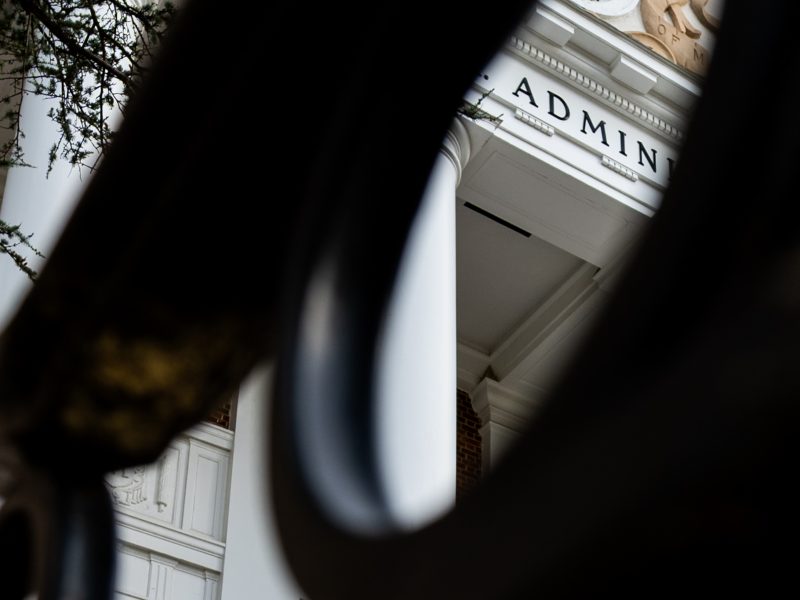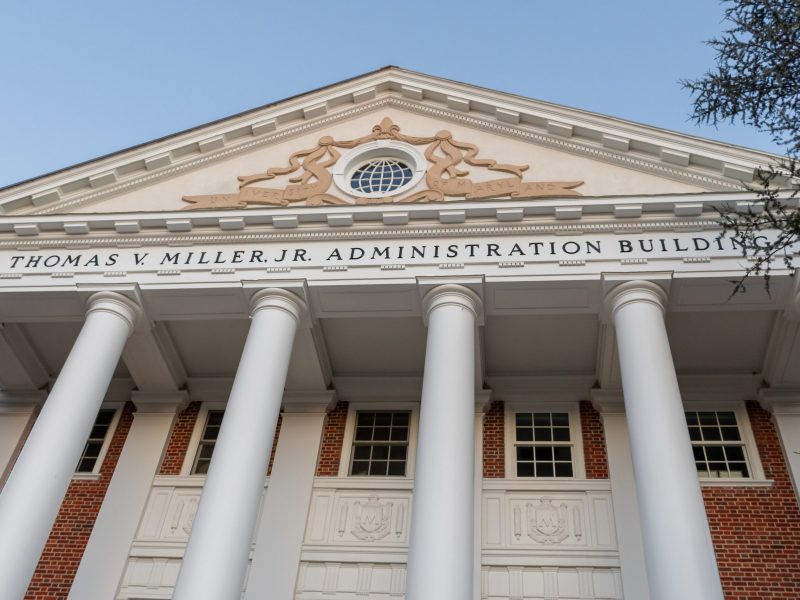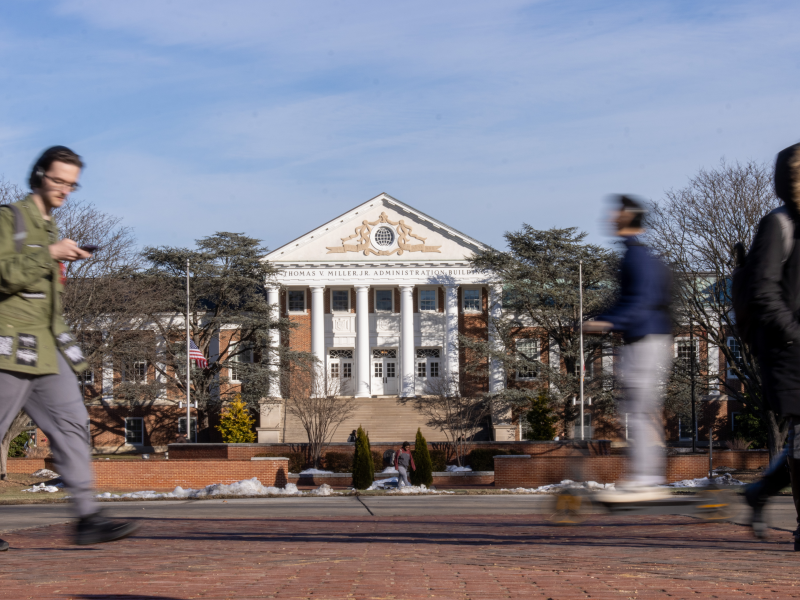In the uncertainty of the post-election days, many of us have told our students that the difference between a full-fledged democracy and its imperfect imitations is that in a democracy, matters do not depend on one individual. Rather, it is the institutions that protect the citizen’s values and rights. This rather grand assertion will soon be tested when the time comes to give legal permanence to the immigration ban on certain nationals instituted through President Trump’s executive order. Will our Constitution’s dedication to not discriminate based on nationality prevail? America, as we know it, as the world knows it — a country that sets examples for the globe — hinges on the outcome of this encounter.
It is not necessary to address the flaws in the ban in any detail. Suffice it to say that it overlooks the home of the 9/11 hijackers and includes countries that have not produced a single suicide bomber or mass shooter. That says volumes about the ideological aims of a ban dressed in the garb of a security measure.
More importantly, the ban will be as ineffective in addressing the issue of terrorism as a wall will be in solving the immigration puzzle. A blanket visa ban on Iraq, Iran, Libya, Syria, Yemen, Somalia and Sudan is certain to keep out bright students, collaborating scholars, enterprising industrialists and loving grandmas hoping to catch a glimpse of a newborn in the family. We have not even addressed the tragedy of the colleague whose hope of visiting his ailing mother may now be dashed, or the colleague who — if deported — will be in serious danger. Their home here will turn into a prison — a place they have to leave forever or never step outside of.
The ban will do its greatest harm to us Americans — turned into jail-keepers and border-watchers, not bridge-builders. The president can rest assured that those with harmful intentions will celebrate the opportunity to seek out through cyberspace exactly those who, now harmed by the ban, are even more vulnerable. Banning your family from visiting you does not just make you miss them, it injures your dignity.
In my role as director of the School of Languages, Literatures and Cultures, I have the privilege of leading one of the most diverse (if not the most diverse) units within the University of Maryland. Working with an amazingly multi-disciplinary and multi-cultural family of students and colleagues, I see us as pioneers in keeping America at the forefront of global progress. As an educator whose life has been dedicated to expanding cultural horizons, I know that taking away our diversity is a tragedy, not just for immigrants, but for all of America.
Fatemeh Keshavarz is the chair and director of the Roshan Institute for Persian Studies in the School of Languages, Literatures, and Cultures. She can be reached at fkk@umd.edu.



